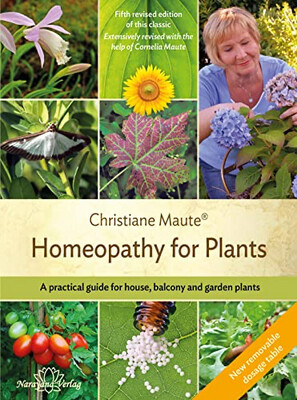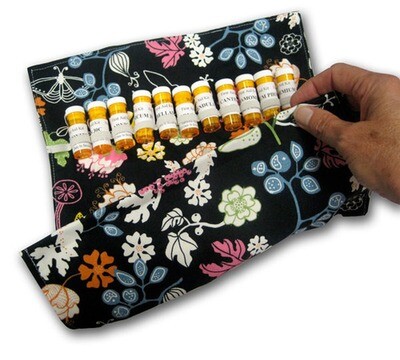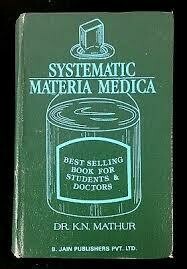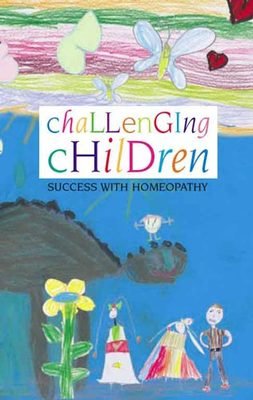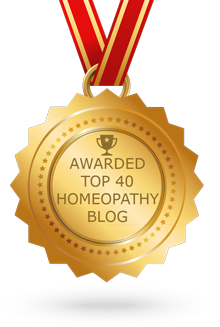Shop
Natural Medicine and Homeopathy Shop
Brookvale, Sydney, NSW (02) 99059415

Natural medicine products. New and second hand homeopathy textbooks and beginner books. Order on-line or drop-in to the clinic for professional advice. 2nd hand books.
RETURNS AND REFUNDS: Return your unused goods within 30 days with your receipt and you are eligible for a refund. Please read the full policy before purchase. SHIPPING: Our shipping costs are Standard Australia Post Fees.
Homeopathy for Farm and Garden (Kaviraj) - 6th revised edition
Homeopathy for Farm and Garden (Kaviraj) - 6th revised edition
A pioneering new book on homeopathy for plant diseases.
Vaikunthanath Das Kaviraj, an experienced homeopath, stumbled by accident upon the homeopathic treatment of plants when he was asked to treat a rust problem in apple trees. The apples had dark red rings on the skin and needed more watering than normal. The symptoms of redness with thirst fitted the remedy Belladonna, which he duly administered. To everyone’s surprise, the rust problem disappeared. What‘s more, the apples the following year tasted noticeably better. For Kaviraj, this was a turning point. In the next twelve years, he undertook intensive research in this area, employing homeopathy for all kinds of plant diseases.
This book focuses on the homeopathic treatment of plants in cases of malnourishment, parasitic and fungal attack, bacterial and viral disease, damage, and weed infestation.
Alongside well-known homeopathic remedies such as Calendula for damage during repotting or Calcium phosphoricum for root rot, he also presents less common remedies, such as Hyssopus for bacterial rots and blights, and Mentha viridis for pest control, as well as Ocimum basilicum for tomato diseases and Ricinus communis for pests in viticulture. A profoundly thought-provoking book that could revolutionize the future of farming.
The new edition offers several key improvements:
- The previous alphabetical arrangement has been replaced with a helpful new layout structured by topic, making the book simpler and easier to use as a practical reference work.
- Using input from the latest studies and practical field experience, many interesting new remedies have been added. These provide greater choice and help you to precisely select the best remedy to treat plant disease in a more specific way. Some of these remedies have already been successfully applied, as shown by user feedback in our internet forum.
- Pests, diseases, and nutrient problems are illustrated by 137colored photos.
“Homeopathy for plants opens up a whole new and exciting area of exploration that may yield major benefits for agriculture. Who knows the boundaries of homeopathy?”
Anne Sheptyck, Canada
"... The author has accumulated an enormous amount of useful information here in a groundbreaking book. The Materia Medica and Repertory are easy to follow and the selection of a suitable remedy should not pose too much difficulty. This technique is certainly worth trying as it is neither expensive nor time-consuming and will not have an adverse effect on the environment."
Tony Scofield
Experience with slugs:
"Helix tosta 6: I initially had my doubts whether this would work. I sow my vegetables in winter on the windowsill. Later I move the seedlings to a cold frame – from then on, I always needed to spread slug pellets otherwise nothing survives. This year I tested Helix tosta as described in the book: 1st dose 10 ml in 10 liters of water; 2nd dose a week later, 5 ml in 10 liters water; 3rd dose another week later, 2.5 ml in 10 liters water. The results were amazing. After just one dose, there was not a single slug to be seen! The seedlings were untouched. Later I moved the plants to the field and even there they were undisturbed for quite some time. The snails ate a few plants but didn't return the next day.
In greenhouses, the remedy is ideal. Before, I'd already given up planting lettuce. Even in the greenhouse, everything got eaten up. This year, I started another trial out of curiosity. I treated the plants after planting as described. 19 out of 20 plants survived untouched, which I found very convincing." (JM)
304 Pages. Hardback.



